Iran chief negotiator says Tehran not seeking protracted negotiations, rejects talks for sake of talks
Iranian chief nuclear negotiator says Tehran does not seek protracted negotiations on the fate of the Joint Comprehensive Plan of Action (JCPOA), or the Iran nuclear deal, warning that the country would take action if the talks are not constructive.
“We are not after talks of attrition and the negotiations that are only time-consuming and aimed at [holding] talks for the sake of talks,” Deputy Foreign Minister Abbas Araqchi said on Thursday.
Araqchi made the remarks before the start of a meeting of the Joint Commission of the JCPOA, which will be attended by all the parties to the deal– excluding the US which left the deal in 2018 – in Vienna.
A day earlier, Leader of the Islamic Revolution Ayatollah Seyyed Ali Khamenei had warned against protracted talks as well, stressing that Iran will only return to its commitments under the nuclear deal once it has verified that all US sanctions have been removed.
“The meeting of the Joint Commission will resume today. We will start work again in a more formal way, and we hope that the working groups will be able to meet as soon as possible to go through the process,” Araqchi said.
The top negotiator said if the negotiations proceed in a constructive way, Iran will continue the talks, otherwise necessary action will be taken.
The JCPOA Joint Commission convened in the Grand Hotel Wien in Vienna, Austria, later on Thursday, with participating parties from the remaining members of the JCPOA discussing major issues on the agenda of the talks.
Araqchi protests Europe’s weak response to Natanz attack
At the beginning of the session, Araqchi condemned the Sunday act of nuclear terrorism against Iran’s Natanz nuclear facility and voiced Tehran’s strong protest against the European countries’ weak reaction to the incident.
Members of the JCPOA, he said, must in unison and without political considerations denounce this act, which is an example of nuclear terrorism and a gross violation of international law.
He explained that Iran’s move to enrich uranium to 60 percent purity was made under Articles 26 and 36 of the JCPOA and with the aim of meeting some of the country’s needs in the field of medicine.
Headed by Araqchi, the Iranian delegation includes representatives from the Oil Ministry, the Central Bank and the Atomic Energy Organization of Iran (AEOI).
Russian envoy: JCPOA talks 'positive' despite recent tensions
Following the meeting, which ended about two hours after its start, the Russian ambassador to international organizations in Vienna, Mikhail Ulyanov, took to Twitter to say that the latest talks in Vienna were positive despite fresh tensions between participating parties in the wake of Tehran's announcement of increasing enrichment level following an attack on a facility that it blames on Israel.
“General impression is positive. If the need arises the Commission will reconvene,” Ulyanov said.
He added that the JCPOA Joint Commission meeting “will be followed by a number of informal meetings in different formats, including at expert level.”
The Joint Commission meeting of #JCPOA is over. It will be followed by a number of informal meetings in different formats, including at expert level. General impression is positive. If the need arises the Commission will reconvene.
— Mikhail Ulyanov (@Amb_Ulyanov) April 15, 2021
EU official says JCPOA members "ready to advance our talks"
Meanwhile, the European Union’s Deputy Secretary General and Political Director of European External Action Service Enrique Mora chairs the meeting, which is also attended by diplomats from the UK, France, Russia and China plus Germany.
Mora issued a tweet, saying that all JCPOA members are "ready" to advance talks, despite "very challenging events."
Good to see everybody back in Vienna ready to advance our talks, despite very challenging events and announcements over the past days. Working towards the same objectives: US rejoining the #JCPOA and its full implementation. pic.twitter.com/Ws7iipKTLf
— Enrique Mora (@enriquemora_) April 15, 2021
IAEA chief says ‘very important’ talks underway in Vienna
The head of the International Atomic Energy Agency (IAEA) has described the Vienna negotiations as “very important,” expressing hope to see progress in the ongoing talks.
“These are days for a diplomatic negotiation, which the IAEA follows very closely,” Rafael Grossi said in an interview with Japanese public broadcaster NHK on Wednesday.
Grossi said he thinks the outcome of the talks will have a big influence on a recent agreement between the IAEA and Iran regarding inspections of Iran’s nuclear facilities.
Tehran and the IAEA reached an agreement in late February after Iran notified the nuclear watchdog of its move to stop the voluntary implementation of the Additional Protocol to the nuclear Non-Proliferation Treaty (NPT) Safeguards Agreement that allowed the agency to carry out short-notice inspections.
Iran’s move was part of dozens of steps the country has been taking since May 2019, as a response to the US withdrawal from the JCPOA in 2018 and reimposition of its unilateral sanctions against the Islamic Republic since then.
The latest of Iran’s steps away from its nuclear undertakings was announced on Wednesday, when Tehran announced that it had begun work to use IR-4 and IR-6 centrifuges in Natanz for enriching uranium to the level of 60 percent.
The move came days after the nuclear facility was targeted in what is suspected to be an Israeli job.
Meanwhile, in his Wednesday interview, Grossi said Iran has informed the IAEA of its enrichment decision and the agency’s inspectors are at the Natanz nuclear facility.
He also said the IAEA might need to hold bilateral talks with Tehran to find a way forward if the JCPOA parties fail to reach an agreement by late May.
Tehran rejects Elon Musk’s role in release of Italian journalist as ‘media fantasy’
Pezeshkian: Iran open to talks but fully prepared to crush enemy if attacked
Araghchi: Iran-Russia strategic deal step toward ‘more just world’
UNRWA unraveled amid Israel's allegations, reduced intl. support
Palestinian journalist, a Sobh Media Festival awardee, killed in Gaza hours before truce
Jan. 15: ‘Axis of Resistance’ operations against Israeli occupation
VIDEO | Fears, hope in Gaza amid intensified ceasefire efforts
VIDEO | Press TV's news headlines


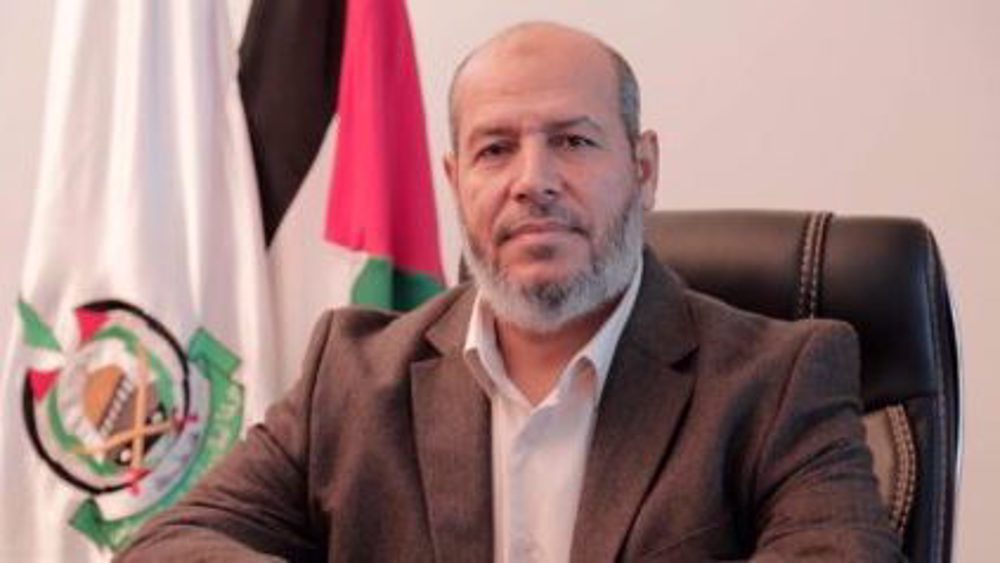





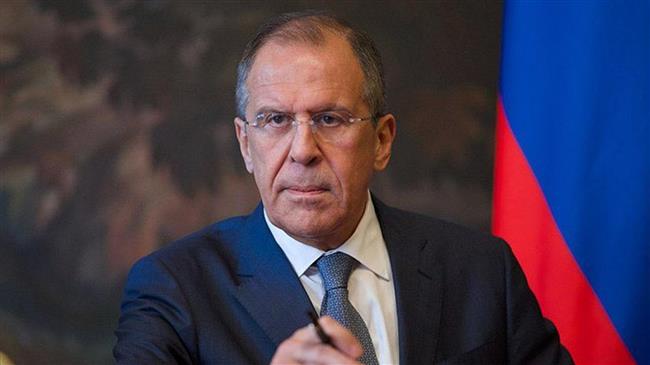
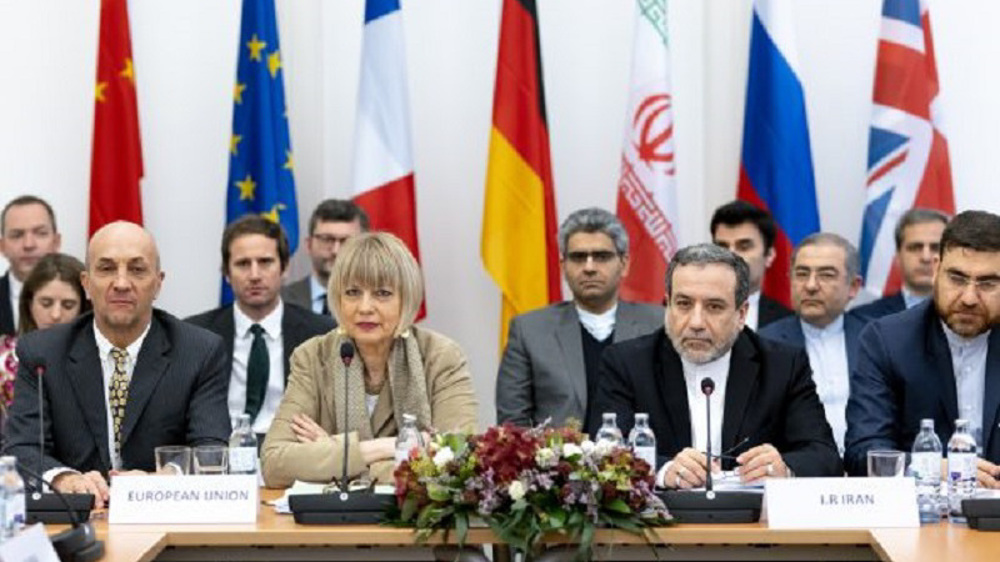
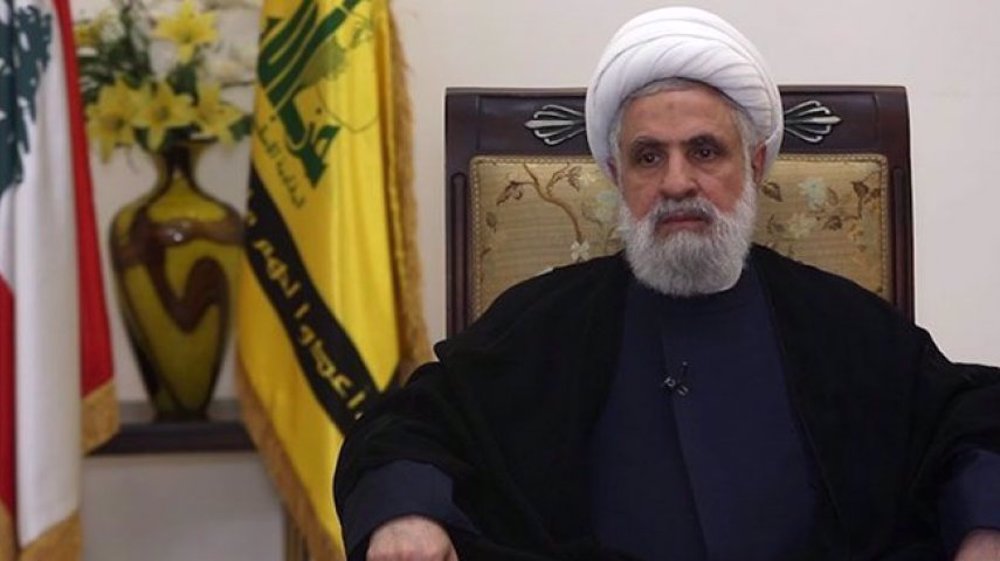
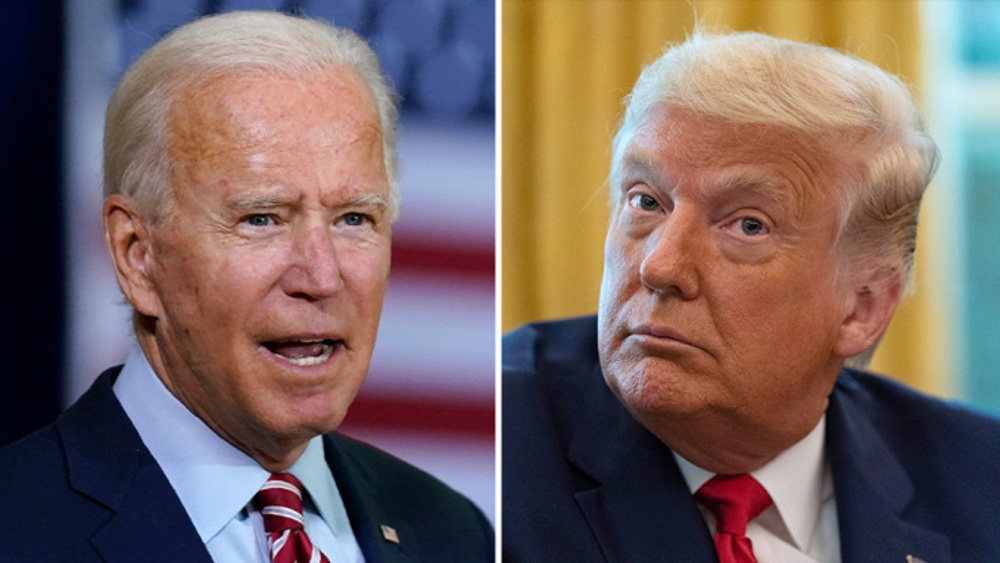
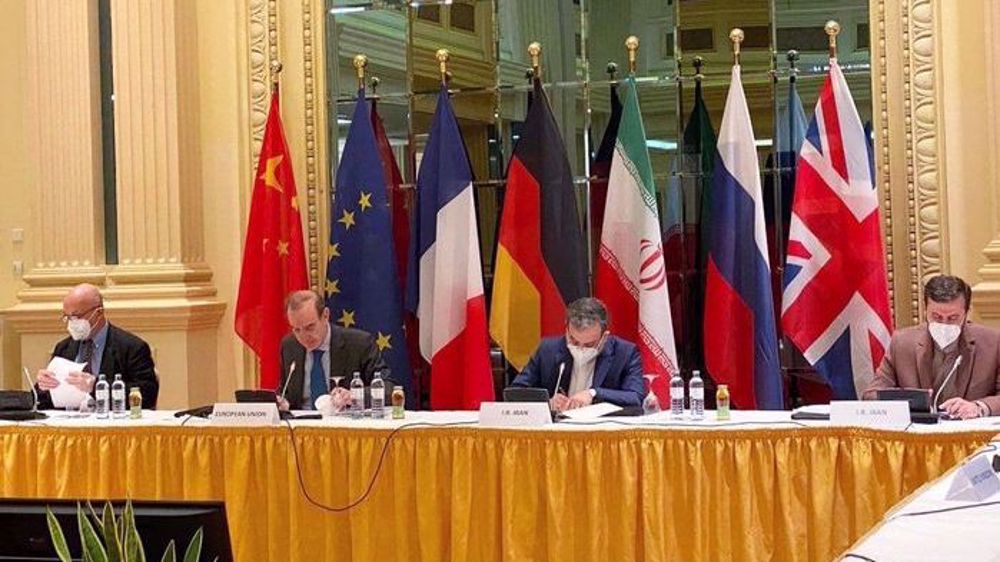
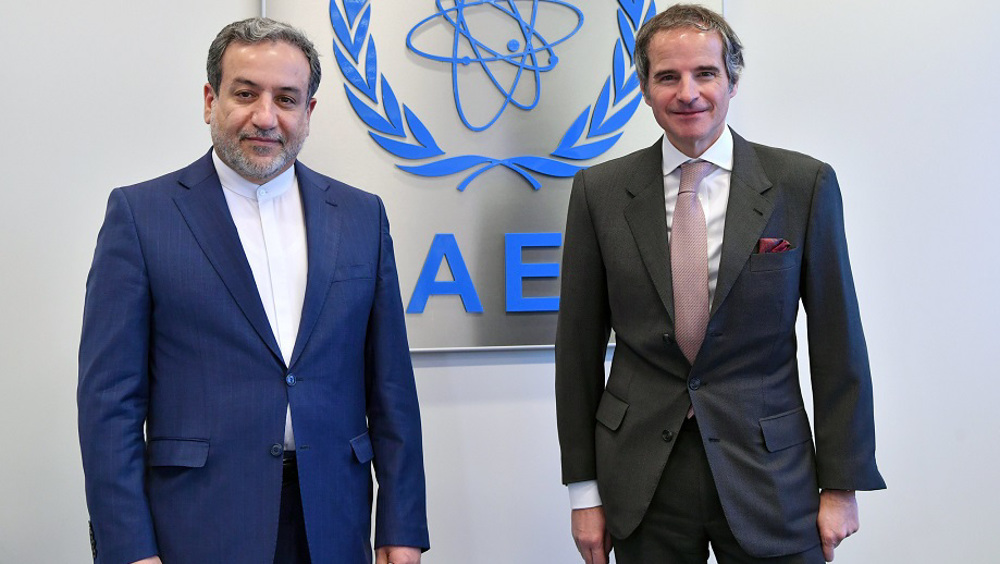
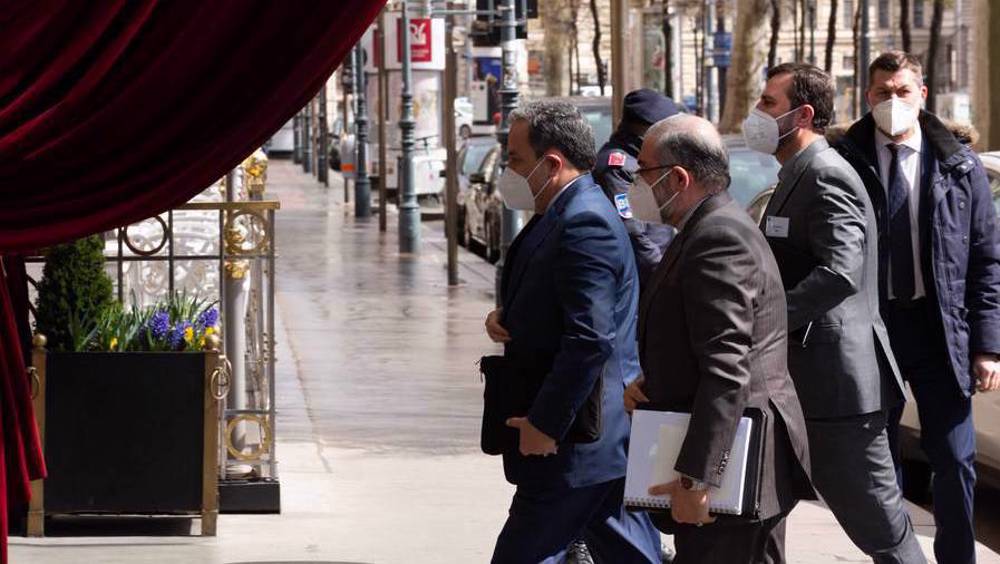

 This makes it easy to access the Press TV website
This makes it easy to access the Press TV website